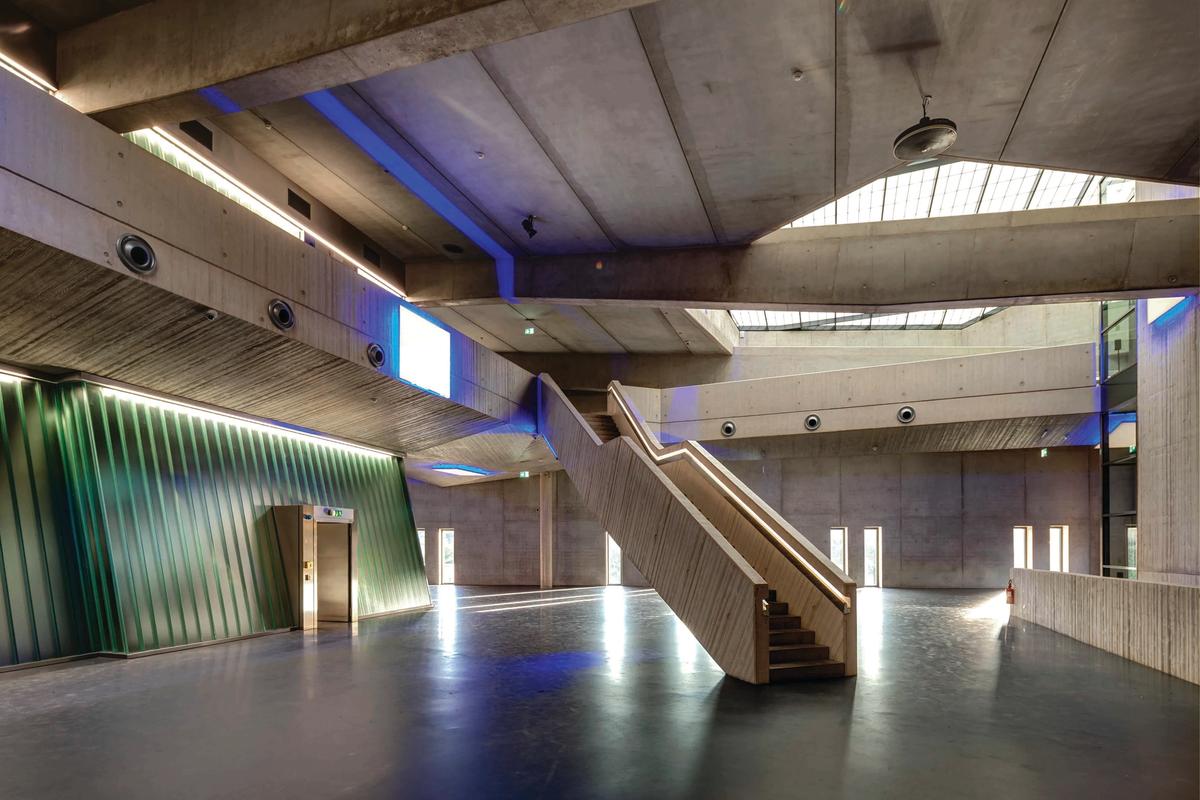The European Parliament is calling for freeports to be scrapped across the European Union as part of a damning report on tax evasion and money laundering published last week.
The 26 March report notes how the end of banking secrecy led to the emergence of art as an asset class and a sharp increase in freeports, which now number 80 in the EU. There are thousands of other customs warehouses, which the EP regards as offering the same degree of secrecy and tax advantages as freeports.
Because the art market is largely unregulated, the report points out it is “easier to move a valuable painting to the other side of the world than a similar amount of money”. Freeports therefore provide operators “with a safe and widely disregarded storage space, where trade can be conducted untaxed and ownership can be concealed”.
The report recalls that freeports were originally intended as spaces to store goods in transit, but have since become popular “for the storage of substitute assets, including art, precious stones, antiques, gold and wine collections–often on a permanent basis–and financed from unknown sources”.
It stresses that “free ports or free zones must not be used for the purposes of tax evasion or to achieve the same effects as tax havens”.
The IMF estimates that $600bn is lost every year globally due to tax havens, with as much as 40% of multinational corporations’ profits siphoned off annually. Tax evasion in the EU is conservatively calculated at €825bn per year. The report says that current tax rules urgently need updating for the 21st century, to reflect the fact that multinationals and high net worth individuals operate globally.
The report praises measures already taken, such as the adoption of the fifth Anti-Money-Laundering directive in April 2018, but denounces the “lack of genuine political will” on major initiatives in relation to corporate tax reform. The EP is now calling for statistics to be collected on large transactions at free ports, customs warehouses and special economic zones, as well as disclosures made by intermediaries and whistle-blowers.
The EP report follows efforts by MEPs to close loopholes that potentially allow for financial crimes to be committed in freeports. However, last month, the European Commission president Jean-Claude Juncker rejected allegations of fraud and irregularities related to the management of Le Freeport Luxembourg.
According to the European Commission, “there [is] no evidence showing that free zones in the EU are systematically used to commit fraud”. Rather, freeports are “useful to simplify commercial operations”.


